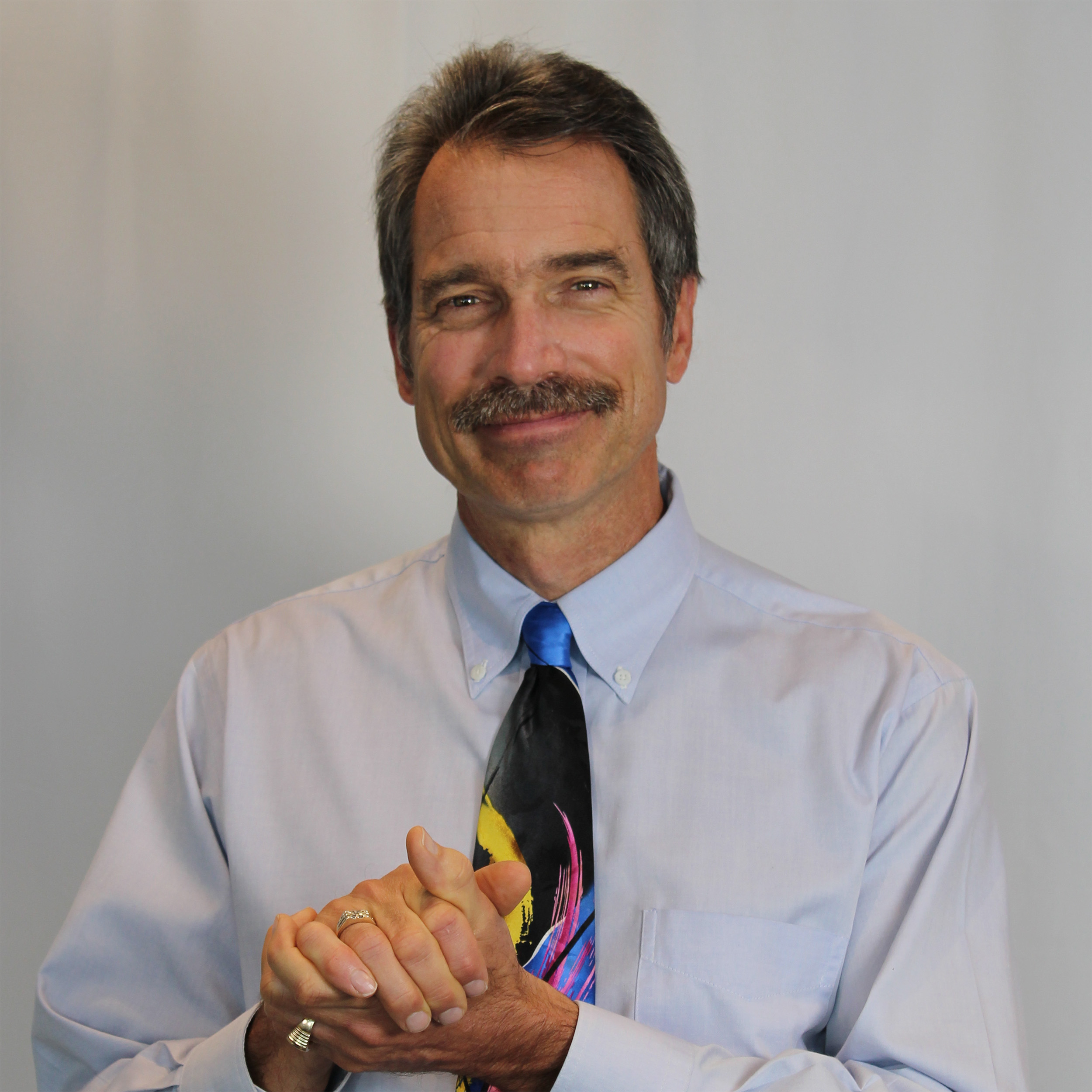Have you ever heard the saying (often common among race car drivers), “Don’t focus on the wall, or you’ll hit it”? It’s a vivid reminder that where we direct our attention determines the path we take. Whether it’s a literal race or the journey of life, our thoughts act as a compass. If we fixate on fears and obstacles, we often find ourselves running into the very things we’re trying to avoid.
This idea applies to retirement, too. The mindset we bring to this phase of life—whether focused on fear and scarcity or gratitude and abundance—shapes our experience. There’s another saying: “We become what we think about.” When fear dominates our thinking, it limits our ability to see opportunities, connect with others, or embrace the joy of the present moment.
But what happens when we shift our focus? Instead of worrying about what’s missing, what if we chose to think about what we already have? This change in perspective is what we’ll focus on as we explore how that simple mindset shift can open doors to approaching a more fulfilling retirement.
Shifting Your Mindset from Fear to Abundance
Let’s talk about this idea of “we become what we think about.” Have you ever noticed how the things we dwell on seem to show up more in our lives? When we fixate on problems or fears, they seem to grow bigger, almost as if they take on a life of their own. But when we turn our attention to possibilities, gratitude, or abundance, suddenly the world feels lighter, opportunities appear clearer, and our sense of hope is reignited.
This is the amazing thing about our mindset — how we choose to frame things in our minds gives us the opportunity to shape how we approach the realities that we face. Our thoughts guide our feelings, and our feelings drive the decisions we make. Over time, these choices create patterns that shape the lives we lead.
My father-in-law had a way of summing this up with humor. He used to joke about his “biggest challenge in life” being how to spend his money. Beneath the humor was a profound truth: clinging too tightly to wealth or fear of losing it limits our ability to truly live. As he often quipped, “There’s no sense in being the richest man in the cemetery.” His approach to life was a reminder that worrying about what we might lose keeps us from appreciating what we already have.
Understanding Wealth as Stewardship
Now shifting our mindset alone won’t bring us closer to reimagining a life that aligns with our aspirations. We also need to learn the value of stewardship to manage the wealth and resources — whether money, time, or talents — we’ve been blessed with. The Bible, especially, emphasizes this perspective, teaching us that what we have is meant to be used wisely and shared generously.
I’ve often joked about having a U-Haul follow my hearse to highlight the futility of holding onto material things. And whenever I say that, my wife always tells me that I have a weird sense of humor on occasion! While the image may spark a laugh, it serves as a reminder that our impact is determined not by what we keep, but by how we use what we have to bring value to others.
This idea of stewardship naturally leads to questions about the long-term impact we want to leave behind. How can we use what we’ve been given to create a legacy that endures? And how do we balance the desire to leave something meaningful for future generations with building the kind of retirement that brings us joy and fulfillment today?
The answers to these questions often lie in understanding the difference between legacy and inheritance.
Legacy vs. Inheritance

Mark Batterson once wrote, “Inheritance is what you leave to someone. Legacy is what you leave in someone.”
Inheritance deals with material wealth—money, property, or possessions passed down to family and loved ones. Legacy, however, is about the mark you leave on the hearts and lives of others. It’s the values you instill, the relationships you nurture, and the example you set.
Recognizing this difference can reshape how we think about both our future and the legacy we want to create. While inheritance focuses on what we accumulate to pass on, legacy asks us to consider how our actions today impact the people around us, now and for years to come.
Building a meaningful legacy requires intentionality. It doesn’t happen by accident but by deliberate choices about how we spend our time, share our resources, and invest in relationships.
Understanding this distinction gives us clarity about the kind of retirement we want to build. Instead of focusing solely on accumulating wealth for others to inherit, we can prioritize living a life that reflects our values and makes an impact now. How we spend our days, whom we choose to help, and the causes we support all contribute to the legacy we leave behind.
Thinking about this essentially makes us realize that retirement shouldn’t just be a time to preserve and protect what we’ve built—it’s also a time to deepen our connections and give meaning to our gifts and resources.
Generosity plays a crucial role here because it shows who we are and what we care about most. And every gift, every act of kindness, and every moment spent uplifting others becomes part of a story that continues long after we’re gone.
I’ve learned much about this concept from my father. He was a task-focused, dominant/cautious (DC) personality with a quick wit and a dry sense of humor. But at the heart of his purpose was being there for others. He took pride in always answering the call when someone needed help. Whether it was offering physical labor, giving a ride to the airport, or providing a loan that might never be repaid, he did it because he truly cared for the people around him.
That was his personality, but more importantly, it’s the kind of legacy he left behind even in retirement—one that continues to inspire and influence us to this day.
When we shift our focus from inheritance to legacy, the fear of retirement eases as we begin to see it more as an opportunity to align our daily lives with the future and impact we hope to create.
Generosity as a Reflection of Character

Have you ever heard the saying that money changes you? I’ve come across it many times, but in my experience, it’s not money that changes who you are—it simply amplifies the person you already are.
I recall someone telling me once that they were “very generous—VERY GENEROUS—when they had the money!” I always laugh at that statement. It’s easy to be generous when you have the means to do so. But true generosity is something we choose to practice. True generosity is about giving from the heart, regardless of how much you have. Whether you are wealthy or not, generosity is a reflection of your values, not your bank balance.
People, whether rich or not, can be both generous and selfish. But money doesn’t determine that; it simply amplifies what’s already within them. Whether they have wealth or not, their true character shines through—money just brings those traits to the surface even more.
Think of it this way: if you had all the money you could ever want, what would you do? You might travel, buy a bigger house, or maybe help a few friends and family members with financial needs. But would it change who you are at your core?
Would you love your children more because you could buy them more expensive gifts? Would you treat them with more love and respect? Or would it be the same as before—because the love and respect you have for them already runs deep?
My guess is that your generosity would come from that love, not the amount of money in your bank account. Money doesn’t change the core of who we are; it simply provides more opportunities to express ourselves.
It’s easy to fall into the trap of wanting what we don’t have—more money, more happiness, more fulfillment. But when we focus on what’s missing, we miss the joy that comes from giving, from being of service to others.
Generosity is often about giving without expecting anything in return, which in turn brings us the greatest fulfillment. When we focus on helping others, we naturally receive in ways we may not even anticipate.
In the context of retirement, this is especially important. As we consider what we want our legacy to be, we should reflect on the impact our generosity can have on the lives of others.
Perhaps we’ll find ourselves focusing on how quickly we can cross the finish line, but it’s in the moments we spend helping others that we truly experience the richness of life. Could we be the ones who, in retirement, focus on helping family members, friends, or even strangers at a moment’s notice, regardless of what help they need? I hope your answer is yes to that question.
By embracing generosity, we begin to see how it creates a legacy of love and service while enriching our own lives and creating a retirement that’s meaningful and deeply fulfilling.
Living a Life of Purpose and Impact

As we reflect on generosity and legacy, living a life of purpose begins with how we approach each new day. Starting with an attitude of abundance and gratitude sets the tone for everything that follows.
The saying, “You reap what you sow,” perfectly captures the essence of this mindset. Both positivity and negativity multiply, and by choosing to sow gratitude and kindness, we invite more of those things into our lives and the lives of those around us.
We all possess unique gifts—whether it’s our time, wisdom, kindness, or resources—that we can offer to make the world a better place. Personally, I often challenge myself to move away from focusing on what I don’t have and instead embrace a mindset of thankfulness for what I already possess.
The questions we all should ask are: What gifts do I have today that I can share? And how can I use what I’ve been entrusted with to positively impact those around me?
Comedian Steven Wright once humorously said, “You can’t have everything—where would you put it?” And he’s absolutely right! As we discussed earlier, it’s easy to see retirement as a time when we slow down, and for many of us, that can stir up fear. We may fear losing our sense of relevance or purpose. But while retirement is a time to slow down—it’s also a time to rediscover a new purpose. It’s a chance to find new ways to share our gifts and make an impact in ways we hadn’t thought of before.
As Pablo Picasso once said, “The meaning of life is to find your gift. The purpose of life is to give it away.”
So don’t be afraid of stepping into retirement. Instead, reframe that fear and see retirement for what it truly is: a time to reflect on all the gifts you’ve accumulated over the years and to embrace the incredible opportunity to share them with others in new and impactful ways.
Enjoyed this article? You might also enjoy:
The Art of Letting Go: What Skydiving Taught Me About Retirement
Honoring the Past, Embracing the Future: Finding Purpose in Retirement Through Connection and Legacy



